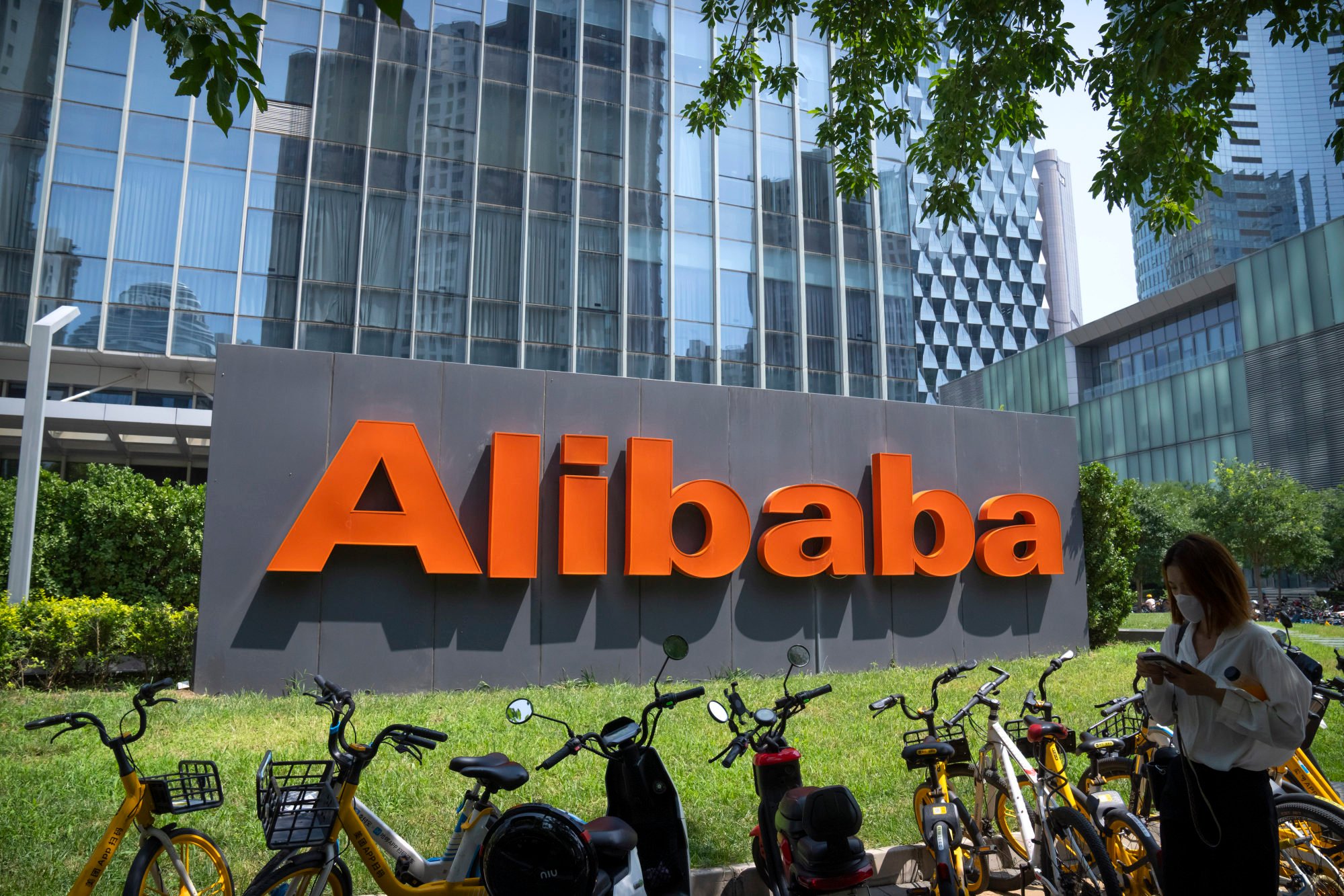China’s antitrust watchdog on Sunday announced it had punished Tencent Holdings, Alibaba Group Holding and Didi Global, among others, for failing to report past merger deals for anti-monopoly reviews.
The list of 28 offending cases included 12 involving social media and video gaming giant Tencent, five involving e-commerce giant Alibaba, and four involving ride-hailing platform operator Didi and its subsidiaries.
Each case led to a fine of 500,000 yuan (US$74,600) – the maximum amount that the State Administration for Market Regulation (SAMR) can levy, according to the country’s antitrust law.
Alibaba owns the South China Morning Post.

Authorities made the punishment decisions between March 31 and May 18, according to documents published by the SAMR.
China’s Anti-Monopoly Law, which came into effect in 2008, stipulates that a merger deal has to go through regulatory reviews if the agreement has potential monopoly implications. The requirement was originally designed to prevent foreign companies from using mergers and acquisitions to dominate the Chinese market.
In December 2011, the Ministry of Commerce, which is in charge of foreign trade and investment, published regulations stipulating the punishment for anyone who breaks the law. It came into effect in February 2012.
However, after the authority for anti-monopoly reviews was transferred to the SAMR in 2018 during a government reshuffle, the regulator started to look into merger deals involving Chinese businesses.
Regulators also fined Alibaba for failing to submit for review its investment in Yicai Media Group, a financial media outlet backed by a Shanghai-based state-owned broadcasting group. The deal was made in 2015, when the authority for antitrust reviews still belonged to the Ministry of Commerce.
In a statement on Sunday, the SAMR, which oversees the antitrust bureau, said all offences involved “past deals that should have been reported but were not”. The regulator also said it was accelerating its process of reviewing old deals to “help companies move forward with a lighter load”.
Sunday’s disclosed cases also included three involving video site Bilibili, one involving social media operator Weibo, one involving health tech company Ping An Good Doctor and Japanese conglomerate SoftBank, and one involving private equity firm Citic Capital.
Authorities did not order the companies to undo any of the deals, including Alibaba’s takeover of video hosting service Youku Tudou in 2015.
Companies punished later this year could face larger fines. The updated Anti-Monopoly Law, slated to come into effect on August 1, increased the maximum fine for undeclared merger deals to 5 million yuan – 10 times the current amount.
Comments